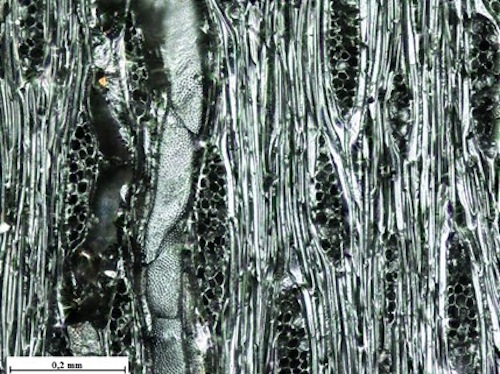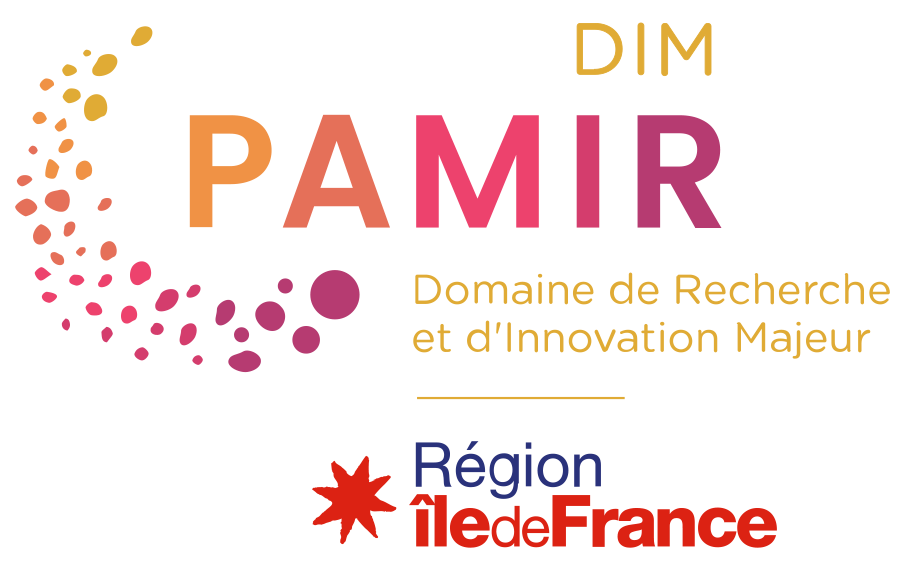
MICRAMAL
Reflected Light Microscope for woody macroremains analysis
Scientific responsibility :
- Aline Garnier
- Agnès Gauthier
Methodological axes :
Thematic fields :
Disciplinary sectors :
Partnership :
Funding :
- DIM PAMIR
- LGP
Project ID : IDF-DIM-PAMIR-2023-1-010
Summary :
The aim of this project is to upgrade the microscopy platform at the Laboratory of Physical Geography (LGP UMR 8591 CNRS), in order to develop and complement analytical skills in the identification of plant material for paleoenvironmental and archaeological research. Today, LGP is fully equipped for the laboratory extraction of pollen and phytolith micro-rests and their analysis by transmitted light microscopy. However, while the laboratory is also equipped with binocular magnifiers for studying carpological material, it does not have a microscope suitable for studying plant macroremains such as charcoal, which require observation by reflected light.
The acquisition of this new material will enhance LGP’s analytical skills on all plant remains (pollens, phytoliths, seeds/fruits and charcoals), both modern and fossil. The study of charcoal will enable us to contribute to the paleoenvironmental research already being carried out in the laboratory, to deepen our knowledge of society-environment interactions at different spatio-temporal scales, and to address new research questions. This additional skill set will also enable us to respond to a growing demand for collaborations to develop this proxy within the framework of doctorates, post-doctorates… and to initiate new ones.
The acquisition of this new material will enhance LGP’s analytical skills on all plant remains (pollens, phytoliths, seeds/fruits and charcoals), both modern and fossil. The study of charcoal will enable us to contribute to the paleoenvironmental research already being carried out in the laboratory, to deepen our knowledge of society-environment interactions at different spatio-temporal scales, and to address new research questions. This additional skill set will also enable us to respond to a growing demand for collaborations to develop this proxy within the framework of doctorates, post-doctorates… and to initiate new ones.

